
Hotel card locks integrate RFID technology, offering a secure and convenient way to manage access. Each RFID card is programmed to open specific locks, ensuring that access is granted only to designated areas and rooms. These locks are designed to be fire-resistant, adding an extra layer of safety for use on fire doors. Notably, they meet international standards, being CE, ANSI/BHMA, and UL approved.
Key features include an anti-burglar bolt that activates when the door is closed, providing a robust defense against break-in attempts with flat objects. For emergency situations, the locks are equipped with an anti-panic function that allows for quick egress, even when locked from the inside. This feature is crucial for ensuring guest safety in urgent scenarios.
The locks are energy-efficient, relying on low-energy micro motors that eliminate the need for a wired power supply. Maintenance is straightforward, as they are powered by AA batteries that can last up to a year, minimizing energy costs and upkeep efforts. Privacy is enhanced with a 'Do Not Disturb' feature that restricts access to all cards except the administrator's, indicated by a red LED signal on the reader.
For added security, each room can be accessed by a master administrator card, which can unlock any lock, ensuring that staff can enter rooms in emergencies when necessary. This system provides a balance between guest privacy and the need for accessible security.

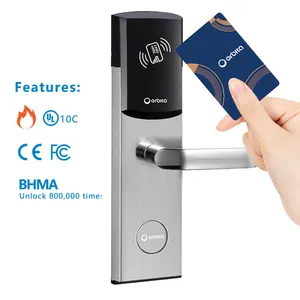






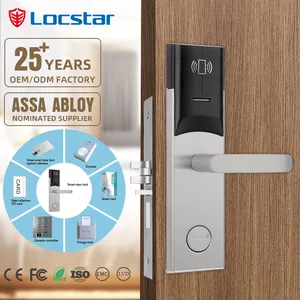

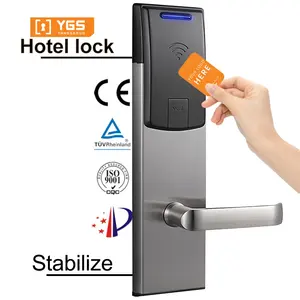

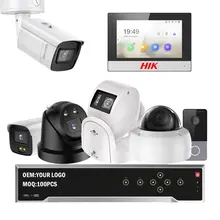





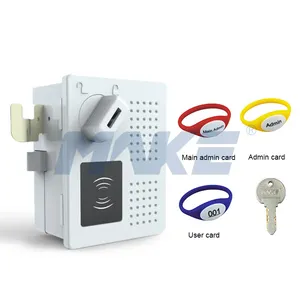
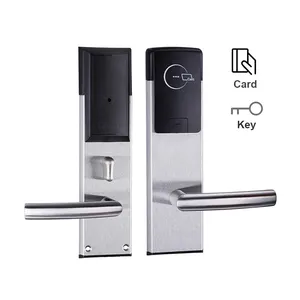



















 浙公网安备 33010002000092号
浙公网安备 33010002000092号 浙B2-20120091-4
浙B2-20120091-4